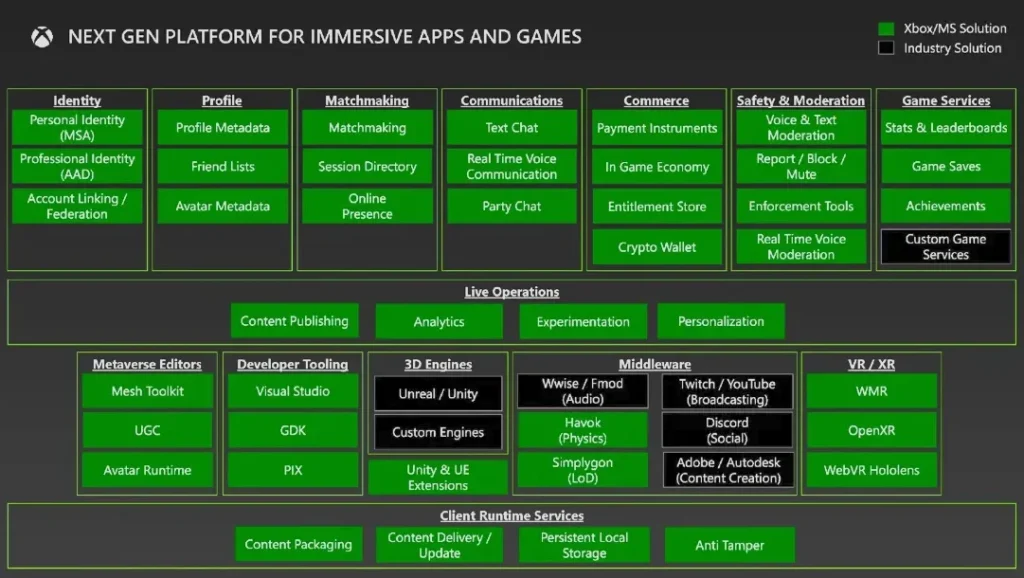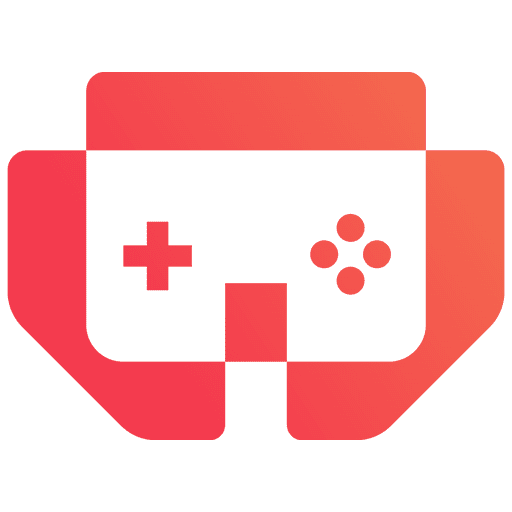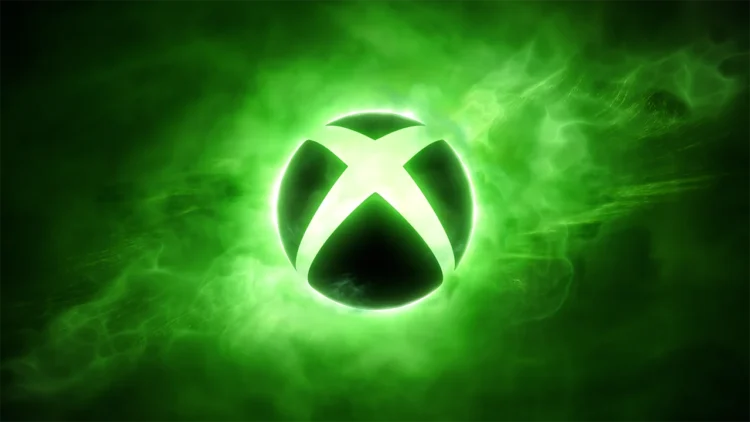Quick Take
- Microsoft’s 2027 Xbox may support a crypto wallet and third-party game stores
- Phil Spencer has teased deeper PC integration and future-facing hardware experiments
- Off the Grid and B3PC signal a broader trend toward Web3-native consoles and platforms
Microsoft’s long-term hardware strategy appears to be headed for a significant shift, according to new reports and leaks tied to the company’s next-gen Xbox. The new console, expected in 2027, could integrate Web3 features such as a built-in crypto wallet, marking a substantial step into blockchain-backed gaming infrastructure.
An early product roadmap surfaced in Microsoft’s 2023 FTC court documents outlined potential Web3 plans for a “next-gen platform for immersive apps and games.” That slide referenced a crypto wallet, though the company has not confirmed if this feature is still active in the latest build. However, when asked if a crypto wallet integration is planned for Xbox’s upcoming hardware cycle, Xbox boss Phil Spencer said, “We will share the real plans when we are ready.”
Details on how this would work remain scarce. Internal testing may already be underway, but Microsoft has yet to specify whether it’s building its own crypto solution or partnering with a third-party provider like MetaMask or Coinbase Wallet. The regulatory side is also a looming question, particularly given Microsoft’s global distribution footprint.
In parallel with Microsoft’s rumored plans, competitors like Sony have filed patents around Web3-enabled gameplay and blockchain-powered digital assets. Meanwhile, crypto-native projects such as Gunzilla Games’ Off the Grid and hardware startups like B3 have already brought blockchain directly into the gaming experience.
Off the Grid is the first high-profile console game to ship with blockchain infrastructure in place. Developed by Neill Blomkamp’s Gunzilla Games, it uses the GUNZ network on Avalanche enabling to fully enable tokenized assets and NFTs via a GUN token. Gunzilla previously confirmed it will treat consoles differently than PC when it comes to wallet interaction and asset control.
Microsoft seems to be paying attention. Alongside traditional development efforts, Phil Spencer has described an ongoing effort to unify the Xbox and Windows experience especially for gaming handhelds and portable PC devices. One such device, codenamed Keenan, is being developed in cooperation with third-party OEMs and could ship by late 2025. However, the handheld isn’t a first-party Xbox device.

The mainline console roadmap, according to Windows Central, has been approved by CEO Satya Nadella and is focused on delivering a premium successor to the Xbox Series X. The new system is expected to adopt PC-like flexibility with support for third-party stores like Steam and GOG, and expanded backward compatibility.
If the crypto wallet integration is retained through to launch, it could place Xbox in a pivotal position. Unlike PlayStation or Nintendo, Microsoft’s control of Windows and Azure allows for deeper integration between gaming, identity, and digital ownership. The challenge, however, will lie in execution: balancing regulatory pressure, user onboarding, and potential backlash from traditional gamers.
Elsewhere in the industry, Web3-specific hardware is no longer hypothetical. B3 and Andromeda recently announced the B3PC, a gaming rig with an embedded crypto wallet, military-grade encryption, and a self-destruct feature for secure storage wipes. Each unit includes a machine-linked NFT that unlocks exclusive games and events. On the handheld side, both the Solana-powered PSG1 and the Sui-backed SuiPlay0X1 are set to ship with native blockchain functionality, built around hardware wallets and Web3 identity tools.
All signs point to 2027 being a defining year for console gaming’s future. Whether Microsoft’s next-gen Xbox arrives with a crypto wallet pre-installed or keeps it in the background remains to be seen. But the building blocks are falling into place.





